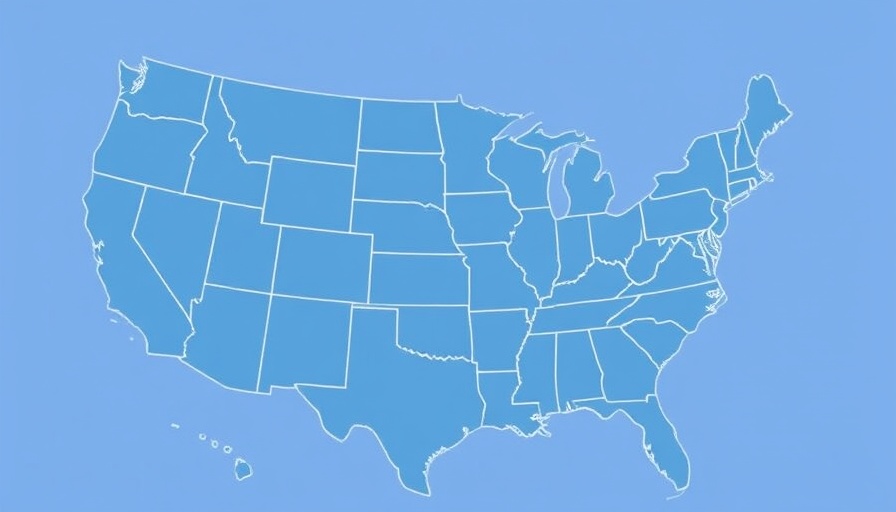
Understanding the Financial Impact of Increased Tariffs on American Households
As American households face a looming financial crisis due to proposed increases in tariffs, recent research reveals that families could lose about $5,000 annually. These tariffs, which are expected to hit an effective rate of 28%, mark a dramatic change not seen since 1901, raising concerns about their long-term impact on everyday expenses.
Immediate Effects on Consumer Spending and Behavior
According to a study by The Budget Lab, households can expect to feel the pinch almost immediately. With the average family now losing approximately $4,900 each year, many are already altering their spending habits. Reports indicate that over 70% of Americans have switched to discount retailers or changed their budgets as a response to the newfound financial strain.
Higher Grocery Bills: What Can We Expect?
Food prices are projected to see significant increases, with an overall rise of 2.8%. This surge is particularly alarming for fresh produce, which is expected to jump by 5.4% in the short term. Essential imported items like avocados and tomatoes could see a staggering increase of 25%, straining the budgets of families who rely on these staples.
Anticipating Increases in Transportation Costs
Similarly, the car industry is facing another potential upheaval. Auto prices that had just begun to normalize are now forecasted to rise by 12% in the short term and 15% in the long term. This means that average new car buyers could pay an additional $7,400 compared to last year—a considerable hit for families already grappling with financial challenges.
The Rising Price of Apparel and Accessories
Perhaps the most shocking projections come from the clothing sector. With most apparel items imported, prices for leather goods are predicted to skyrocket by 87%. As consumers face these steep increases, there are concerns that even basic clothing needs may become less accessible for many families.
Discussing Long-Term Budget Adjustments and Planning
The urgency for appropriate budgeting and financial planning is higher than ever. Households must reassess their financial goals, implement strict budgeting techniques, and keep track of expenses to mitigate the impact of these price hikes. Effective strategies such as tracking expenses or considering debt reduction plans may help families adapt to this evolving economic landscape.
Sharing Stories of Resilience and Community Support
Amid these challenges, there are heartwarming stories of community resilience. Local initiatives across NJ are coming together to support families with financial wellness workshops, encouraging residents to come together and share their experiences. These gatherings not only address financial goals but also strengthen community bonds, showcasing the incredible spirit of cooperation.
Actionable Insights for Financial Wellness
To protect their financial future, families must be proactive. Exploring options for credit repair, finding affordable loans, and diversifying income sources are all vital steps toward maintaining financial health. Engaging with local resources or workshops not only equips individuals with knowledge but fosters community connections, ultimately enhancing the support network available to each household.
Conclusion: Take Action for Your Financial Future
In light of these alarming tariff changes and their potential effects, now is the time to take action. Whether it involves adjusting budgets, participating in community financial wellness programs, or exploring new ways to boost income, every step counts. For those in NJ and beyond who wish to thrive financially, considering these proactive measures will pave the way toward a more secure and stable future.
 Add Row
Add Row  Add
Add 




 Add Row
Add Row 


 Add
Add
Write A Comment